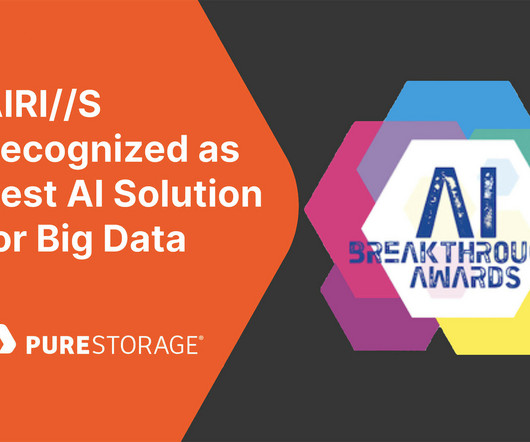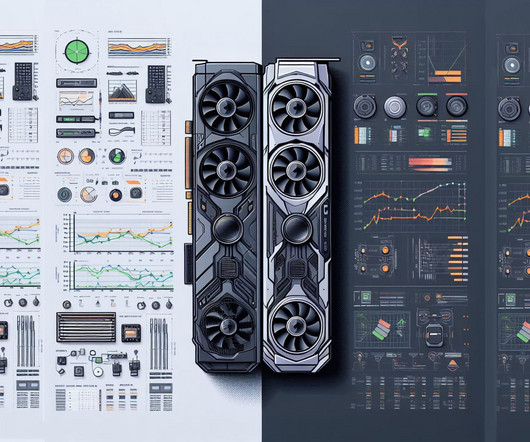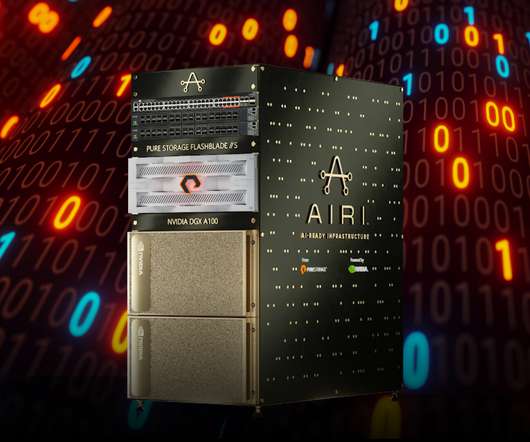Data Storage and the Future of the Automotive Industry
Pure Storage
SEPTEMBER 18, 2023
Data Storage and the Future of the Automotive Industry by Pure Storage Blog The automotive industry has undergone remarkable transformations over the last five years, with advancements in technology driving major shifts in design, safety, efficiency, and connectivity. Managing and storing this data efficiently is crucial.












Let's personalize your content